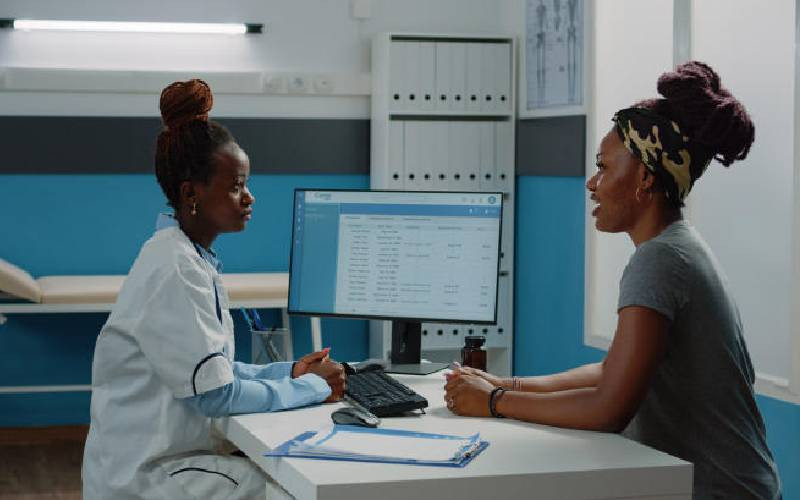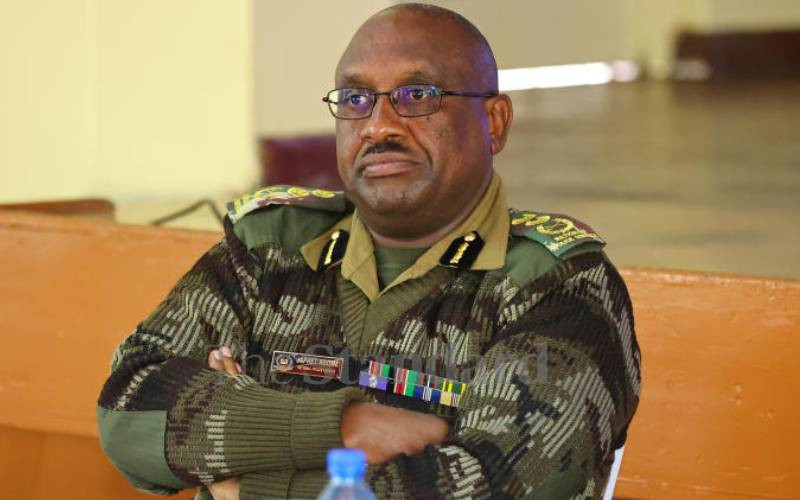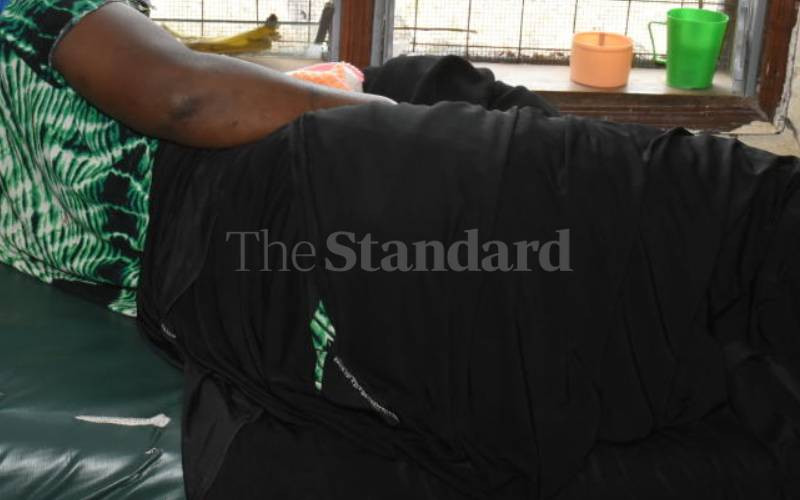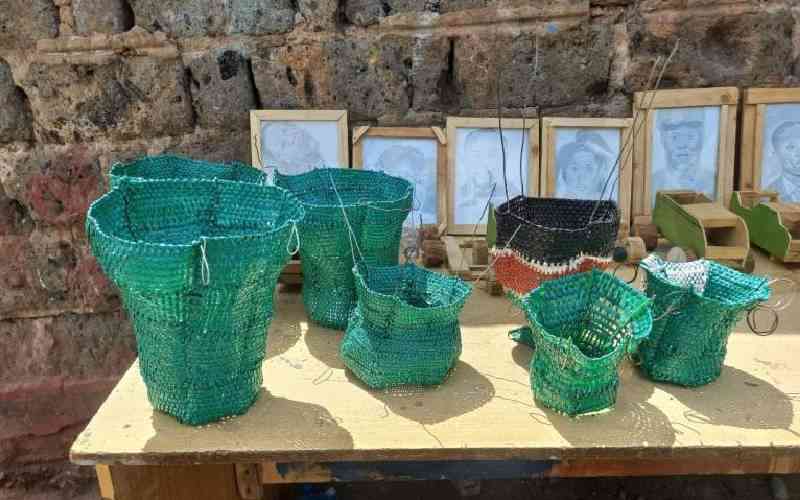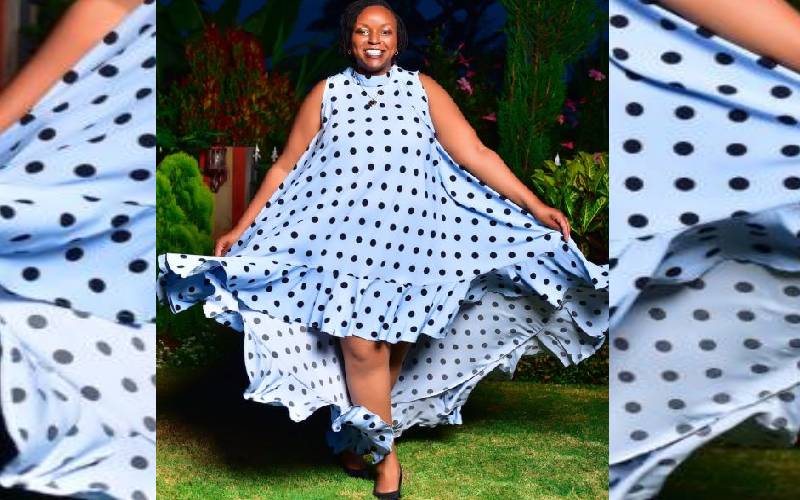
Dr Susan Karanja could have gone into music were it not for a billboard of an emaciated adult with the slogan ‘Aids Kills’ that tugged at her heartstrings. It was at the height of the HIV scourge. She there and then changed her career to medicine, a journey that has seen her excel and become one of Kenya’s most successful neurosurgeons.
“All I knew from that point was I wanted to be a doctor, so I went through the rigours and hard work of medical school,” explains Dr Karanja, on her journey to becoming one of the country’s three female neurosurgeons.
“By the end of the five years,” she continues, “I knew I wanted to be a surgeon, but I didn’t have any particular leaning. I enjoyed neurology as a rotation during internship, so my liking for surgery and neurology met and culminated in neurosurgery.”
Cementing her decision was the fact that neurosurgery was and still is a young speciality in medicine. The ongoing discoveries, developments, continuous learning and adaptations were exciting for Dr Karanja who furthered her training to the University of KwaZulu-Natal in Durban, South Africa.
“It was difficult initially, being in a foreign country,” she recalls. “Immediately I landed, I was put to work and had to learn very quickly the new skills and the language that people were using to describe things.”
Though challenging, it was also an enjoyable five years in which she completed her course, qualified and returned home to start working.
Born in Nairobi, but bred in Kikuyu, Dr Karanja had a quiet childhood. She enjoyed being an only child for seven years before her sister (now pursuing a Ph.D in biomedical engineering) arrived.
Among others, she remembers accompanying her mother, a soil scientist, to the UK where she was doing her Ph.D. She had plans to help with her research. She also often joined her father for trips to the dam, learning all about hydroelectricity.
From Consolata Primary she moved to Precious Blood, Riruta for her secondary education. She says her first and third years at the University of Nairobi, School of Medicine were the toughest years of her life.
“Many complain that internship is arduous. For me it was very nice, and I made some of my life-long friends. My residency in South Africa was memorable, too, because that’s where I did my first successful tumour operation. You only see people get there, but you never picture yourself there,” says Dr Karanja whose biggest challenge was managing a long-distance relationship and marriage while in South Africa.
“I came two weeks before the wedding day, and two weeks after the wedding, I was back in Durban. The wedding was so rushed, and my poor husband (also a doctor) had to plan the wedding alone.”
She continues: “I only picked the vendors six months prior to the wedding, and two weeks to the wedding was the first time I saw and fit my dress and assessed what the vendors had done. The next thing was the wedding, honeymoon, and back to school. It was a joyous moment when I finally finished my residency, settled back home, and got my son.”
Dr Karanja owes her ease of integration in Durban to the head of the unit there, a Kenyan.
“Besides Durban comprising mostly a black population the disease profile and conditions they have are very similar to what we have here, and I felt that was important to my success.
“Compared to Cape Town and Johannesburg, Durban had only one neurological centre serving the entire province, just like in Kenya and it was a high volume centre, meaning I was exposed to a large variety of neurological cases, which fortified my skills to a level where I didn’t struggle once I got back home,” she adds.
At the start of her master’s degree residency, one of the consultants in South Africa told her that a neurosurgeon always walks with an angel of death on one shoulder, depending on how grievous the patient’s condition was.
But losing a patient never gets easy even after all these years in the practice.
“It’s even worse when it’s a child. It’s something you carry with you for a while. You question yourself and what you could have done differently. Eventually, you settle down, but for every patient you lose, you take it as a lesson,” Dr Karanja explains.
“It is a painful process but it builds you as a doctor, and helps you mature. It helps surgeons pick cases better. It informs you on what you can handle, who to accompany you to the theatre or when to refer a case to a senior.”
For a neurosurgeon, work-life balance can be challenging as one is on call anytime and one can’t afford to be intentional.
“So when it’s time for the children, it’s time for them,” she offers.
“I try to be very intentional about making time for my family. But once I enter Kenyatta (National Hospital), I am here fully.”
Dr Karanja admits there is something about Kenyatta and the patients that she likes but can’t figure what it is. “I have never gotten that feeling anywhere else, so when I’m here, I’m here. When I fragment my life like that, it helps.”
Her day starts at 5.30am: She spends time with her child, gets ready for the day, and by 7am, she’s on her way to work. She tries to be home between 5pm and 7pm to spend time with her baby.
However, theatre days start earlier and may end later in the evening, depending on the complexity of the operation,
“In case of emergency, I deal with it as it comes. My day ends at whichever time in such cases.”
Though the journey to medical school began with a billboard, Dr Karanja reckons, “We need to show our children that either gender can play either role as opposed to text images in which doctors are portrayed as male.
“STEM (Science, Technology, Engineering and Mathematics) subjects need to become core to the education system to allow girls to interact with sciences,” says Dr Karanja.
She says male nurses and female neurosurgeons can give more talks in schools so that children can grow up with a perspective that they are not limited to certain careers.
 The Standard Group Plc is a multi-media organization with investments in media platforms spanning newspaper print
operations, television, radio broadcasting, digital and online services. The Standard Group is recognized as a
leading multi-media house in Kenya with a key influence in matters of national and international interest.
The Standard Group Plc is a multi-media organization with investments in media platforms spanning newspaper print
operations, television, radio broadcasting, digital and online services. The Standard Group is recognized as a
leading multi-media house in Kenya with a key influence in matters of national and international interest.



